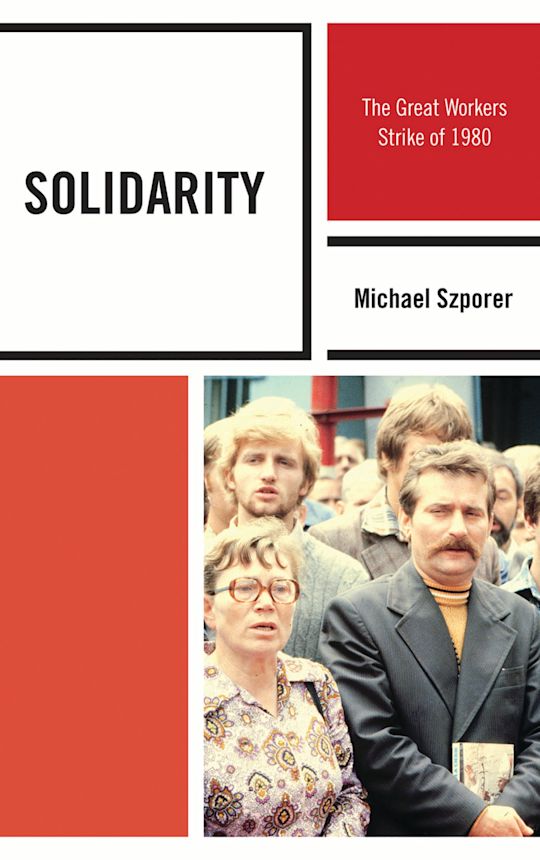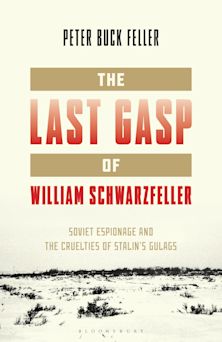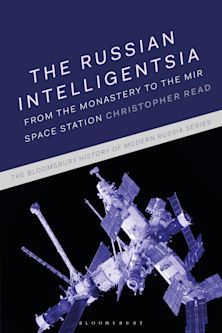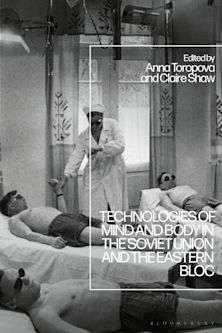This product is usually dispatched within 1 week
- Delivery and returns info
-
Free CA delivery on orders $40 or over
Description
In the summer of 1980, the eyes of the world turned to the Gdansk shipyard in Poland which suddenly became the nexus of a strike wave that paralyzed the entire country. The Gdansk strike was orchestrated by the members of an underground free trade union that came to be known as Solidarnosc [Solidarity]. Despite fears of a violent response from the communist authorities, the strikes spread to more than 800 sites around the country and involved over a million workers, mobilizing its working population. Faced with crippling strikes and with the eyes of the world on them, the communist regime signed landmark accords formally recognizing Solidarity as the first free trade union in a communist country. The union registered nearly ten million members, making it the world's largest union to date. In a widespread and inspiring demonstration of nonviolent protest, Solidarity managed to bring about real and powerful changes that contributed to the end of the Cold War.
Solidarity:The Great Workers Strike of 1980 tells the story of this pivotal period in Poland's history from the perspective of those who lived it. Through unique personal interviews with the individuals who helped breathe life into the Solidarity movement, Michael Szporer brings home the momentous impact these events had on the people involved and subsequent history that changed the face of Europe. This movement, which began as a strike, had major consequences that no one could have foreseen at the start. In this book, the individuals who shaped history speak with their own voices about the strike that changed the course of history.
Table of Contents
Solidarity Songs
Acknowledgments
Chapter 1: The Solidarnosc Era in Historical Perspective: Labor Protests, Polish Communism, and the Soviet Bloc, 1956-1981 by Mark Kramer
PART II: THE STRIKE
Chapter 2: “The People were the Hero”: Conversation with Jerzy Borowczak
Chapter 3: The Making of a Solidarity Revolution: Conversation with Bogdan Borusewicz
Chapter 4: Hoeing the Moon: Conversation with Bogdan Felski
Chapter 5: Moments of Conscience: Conversation with Andrzej Gwiazda and Joanna Duda Gwiazda
Chapter 6: A Time for my Convictions: Conversation with Aleksander Hall
Chapter 7: The Morality of Truth: Conversation with Adam Hodysz
Chapter 8: Looking for Alternatives: Conversation with Piotr Kapczynski and Anna Mlynik
Chapter 9: “We were all equal at the Shipyard”: Conversation with Zenon Kwoka
Chapter 10: The Revolution that Evolved: Conversation with Bogdan Lis
Chapter 11: Solidarity of Attainable Goals: Conversation with Jacek Merkel
Chapter 12: Woman of Iron: Conversation with Anna Walentynowicz
Chapter 13: The Price of Freedom: Conversation with Lech Walesa
Chapter 14: The Soup that Became a Downpour: Conversations with Krzysztof Wyszkowski and his older brother Blazej Wyszkowski
PART III: THE DEMOCRATIC OPPOSITION
Chapter 15: The Making of NOWA: Conversation with Grzegorz Boguta
Chapter 16: The Fringe of the Possible: Conversation with Andrzej Celinski
Chapter 17: The Godfather of the Polish Opposition: Conversation with Jacek Kuron
Chapter 18: The Spirit of Gazeta Wyborcza: Conversation with Adam Michnik
Chapter 19: The Solidarity of my Generation: Conversation with Henryk Wujec
PART IV: THE EXPERTS
Chapter 20: The Berlin Wall Started Falling in the Gdansk Shipyard: Conversation with Bronislaw Geremek
Chapter 21: Lining Up Democracy: Conversation with Tadeusz Mazowiecki
Chapter 22: Always Right: Conversation with Jadwiga Staniszkis
PART V: ASSESSMENTS
Chapter 23: The Controversy over Lech Walesa: A Review
Chapter 24: Managing Religion in Communist-Era Poland: Catholic Priests versus the Secret Police
Chapter 25: Anna Walentynowicz and the Legacy of Solidarity in Poland
PART VI: APPENDIX
Chapter 26: Chronology
Chapter 27: Declassified Documents from the Russian State Archive of Recent History Translated and introduced by Mark Kramer
Works Cited
Product details
| Published | Jul 06 2012 |
|---|---|
| Format | Hardback |
| Edition | 1st |
| Extent | 358 |
| ISBN | 9780739174876 |
| Imprint | Lexington Books |
| Dimensions | 234 x 160 mm |
| Series | The Harvard Cold War Studies Book Series |
| Publisher | Bloomsbury Publishing |



































